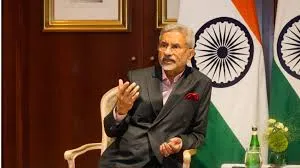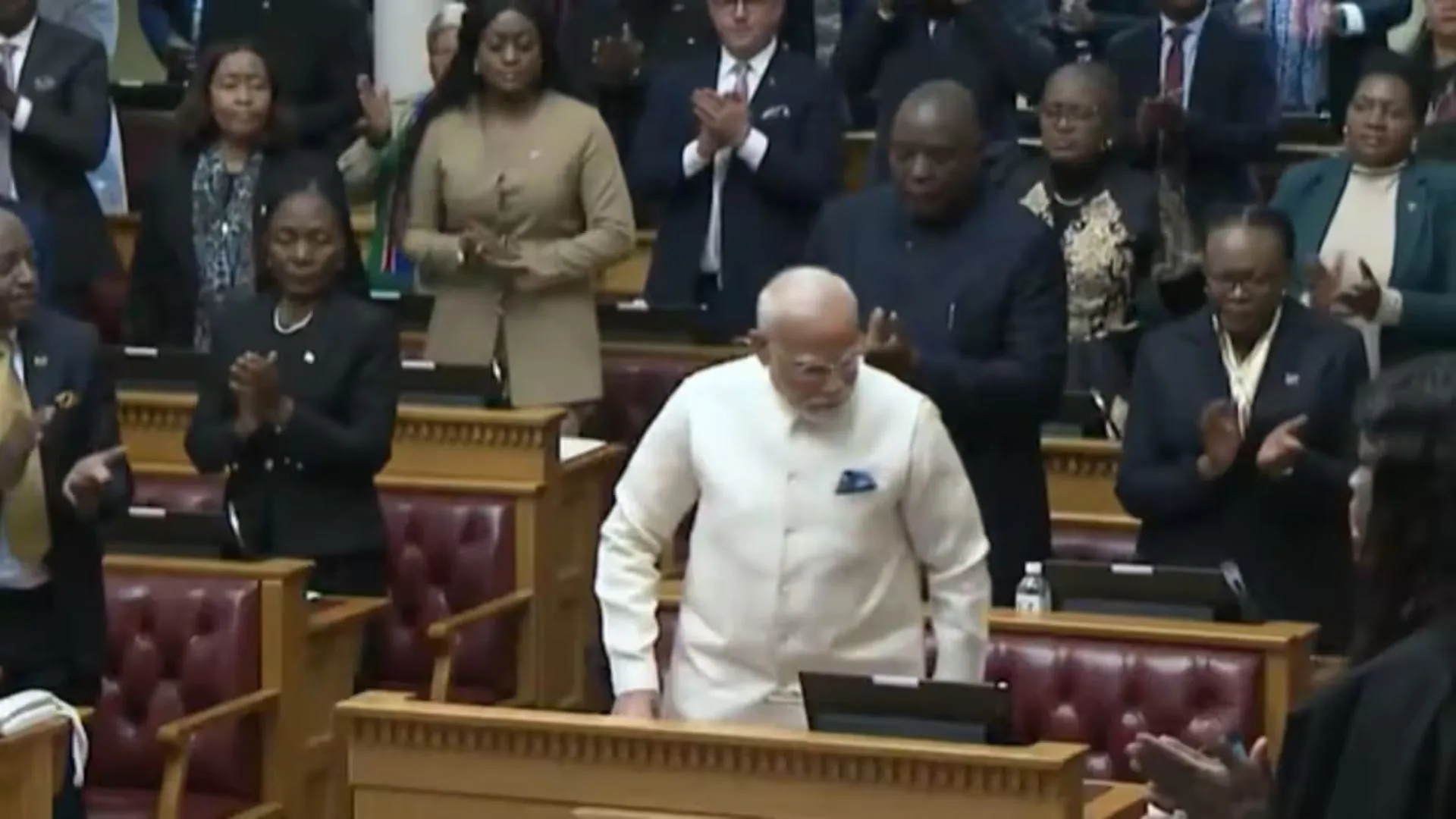In a strong message aimed at Pakistan, External Affairs Minister S Jaishankar said on Friday that India refused to endorse the joint statement issued at the Shanghai Cooperation Organisation (SCO) defence ministers’ meeting in Qingdao, China, after one country objected to including a reference to terrorism.
Without directly naming Pakistan, Jaishankar said, “One country, you can guess which one, said… we do not want a reference to that [terrorism],” while addressing the Bharatiya Janata Yuva Morcha (BJYM) during an event commemorating the 50th anniversary of the Emergency.
India’s Stand on Terrorism in SCO
Jaishankar revealed that Defence Minister Rajnath Singh refused to sign the SCO joint statement because it did not acknowledge the Pahalgam terror attack that killed 26 people on April 22. Instead, the document reportedly mentioned issues in Pakistan’s Balochistan and the Jaffer Express hijacking.
“The SCO was formed to fight terrorism, and if you’re not ready to even mention it, then we are not prepared to accept such a document,” Jaishankar said. Since the SCO operates on consensus, the meeting ended without a final joint statement.
Ties to Operation Sindoor and National Unity
The meeting came in the wake of recent tensions, including India’s Operation Sindoor, which targeted terror infrastructure inside Pakistan. Jaishankar praised India’s response and highlighted the bipartisan support for delegations defending India’s stance globally.
He noted, “Our message was clear — terrorism is unacceptable. Our policy is zero tolerance, and we reserve the right to defend our people.” He appreciated participation from opposition leaders like Shashi Tharoor (Congress), Supriya Sule (NCP-SP), and Kanimozhi (DMK) in spreading India’s message abroad.
Commentary on Emergency and Constitution
While addressing a mock parliament event hosted by the BJYM, Jaishankar linked the discussion to the Emergency imposed in 1975, stating that it “happened because the interest of a family was put ahead of the nation.”
He criticised Congress leaders, including Indira Gandhi and Rajiv Gandhi, for never apologising for the Emergency, and made a veiled jibe at Rahul Gandhi for “carrying the Constitution in hand, but not in the heart.”
Final Word
Reflecting on his own experience during the Emergency, Jaishankar recalled being a 20-year-old student at JNU when civil liberties were curtailed. “The main lesson from that time is to never take freedom for granted,” he said.
This latest episode underscores India’s tough stance on terrorism and its unwillingness to compromise on national security narratives, even within multilateral forums like the SCO.





















